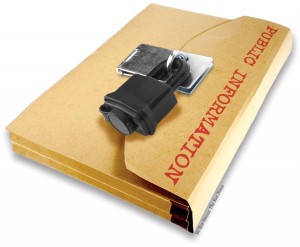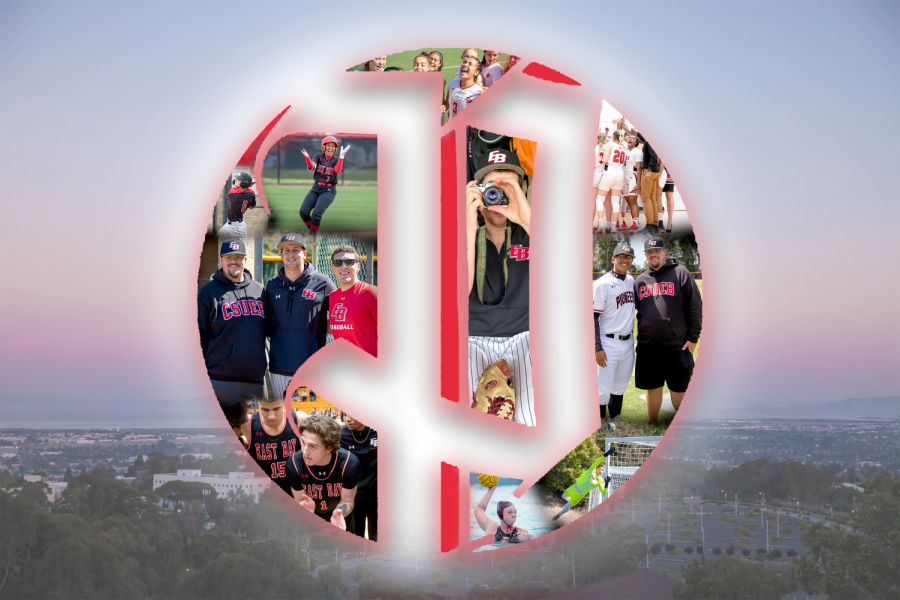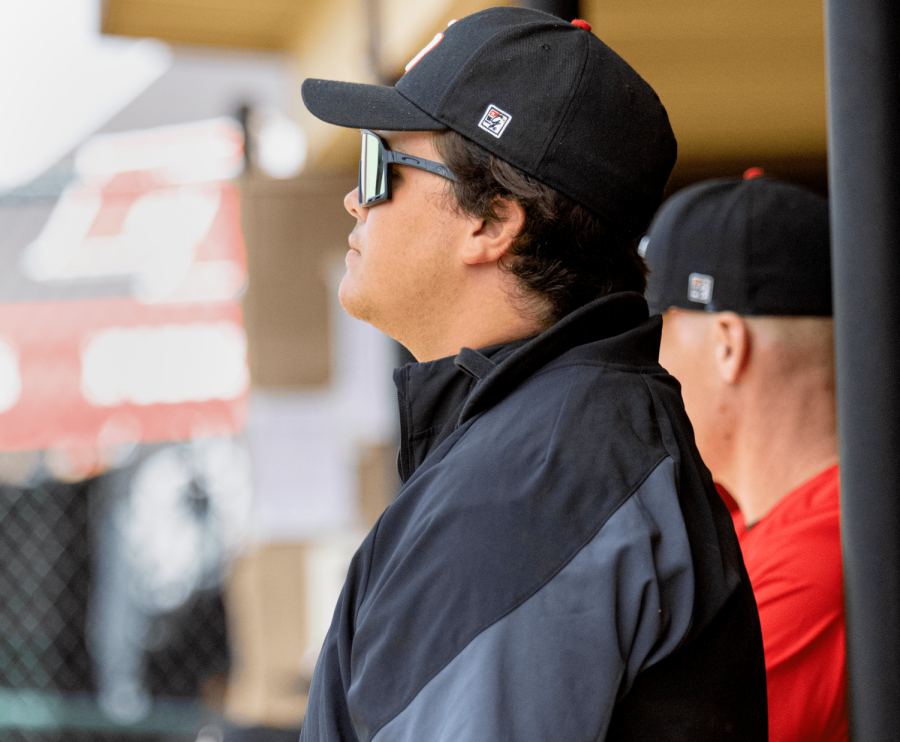
The Obama administration’s condemnation of WikiLeaks’ release of classified State Department cables is understandable, given that the 250,000 or so documents released portray both our enemies and most of our allies in an unflattering light.
What the WikiLeaks documents have done—besides cause the U.S. government a great deal of embarrassment and force them into diplomatic damage control—is given the American public a reminder of how the government uses the prerogative of secrecy to cloak its misdeeds and dirty dealings.
In the Washington Post, “a senior administration official” remarked, “Clearly, you don’t want any information like this leaked illegally and disseminated to the public.”
We would disagree. While much of the information gleaned from the WikiLeaks contains diplomatic gossip and frank, dismissive assessments of seemingly every notable world figure, nothing is particularly relevant to any bearing on policy, nor would it likely endanger lives.
More than anything, it’s an utter embarrassment to the administration, considering that many cables posted to our embassy officials worldwide—and at the U.N.—explicitly directed them to spy on their foreign counterparts. U.S. diplomats at the U.N., for example, were expected to gather sensitive information on U.N. officials, such as passwords and encryption keys to communication networks, credit card numbers and even frequent flyer mileage accounts.
So our government asks its diplomats and embassy personnel to spy? Not surprising—governments have always used diplomatic personnel for espionage purposes, but embarrassing that the State Departments under former and current Secretaries of State Condoleeza Rice and Hillary Clinton saw fit to issue those directives via diplomatic cable, without considering that, say, someone might leak them to the public.
Other notable documents offer candid takes on various world leaders. Italian Prime Minister Silvio Berlusconi is described as “feckless, vain and ineffective,” as well as a hard and frequent partier. Afghanistan President Hamid Karzai is perceived to be “an extremely weak man who did not listen to facts.” North Korea’s Kim Jong-Il has a reputation among the Chinese as “quite a good drinker.”
Italians or Afghans would probably express little surprise or disagreement with the characterizations of their leaders mentioned in the WikiLeaks documents. Anybody who paid attention to foreign policy would probably not find anything shocking or revelatory, except maybe Kim Jong-Il’s capacity to hold his liquor.
But there is significant information that should be passed on and disseminated to the public, such as the covert dealings of governments other than our own.
The Obama administration official quoted by the Post above was specifically referring to State Department documents implicating the Chinese government in the hacking of Google computer systems in China, as well as various U.S. government agency systems.
This has already been widely reported, but even more alarming is the fact that, despite American pleas to stop, China continues to sell and export military equipment to Iran and North Korea.
We have a right to know that our second largest trading partner and the world’s emerging superpower sees no problem in dealing weaponry and technology with nations that are openly hostile to the U.S. and its allies. And if the government feels certain that China is behind various global computer sabotage and espionage activity, we feel that it is in our interest that those fears be confirmed openly.
Several documents that deal explicitly with policy have highlighted contradictions between what the Bush and Obama administrations have told the American public and what was known behind the closed State Department and White House doors.
Cables reveal that despite the Bush administration’s repeated claims that the invasion of Iraq proved vital to the war on terror, the administration acknowledged privately that, “Saudi donors remain the chief financiers of Sunni militant groups like al-Qaeda,” and that U.S. ally Qatar was “worst in the region” in aiding in counterterrorism efforts.
In addition, the State Department, since being headed by Secretary Clinton, has elevated Iran to the status of highest threat to the nation, although cables recognize the U.S. overthrow of Saddam Hussein helped empower the Iranians.
Clinton has railed against WikiLeaks and its editor-in-chief, Julian Assange, decrying the release of the documents as an “attack” on America. However, her continuation of her predecessor’s policy on using diplomats to spy—a risky proposition, considering the loss of diplomatic protections when involved in undercover espionage—indicates that her idea of playing fair only applies to some people, namely those in government.
The documents released were not labeled “top secret,” which would have likely prevented their exposure, but instead classified “noforn,” meaning that no foreign government should see them. At that level of classification, it’s no wonder that a 22-year-old low-level Army intelligence analyst was able to get a hold of that information (and is now being blamed for the leak.)
And at that level of classification, we, the public, have the right to view it.
Much of what was communicated through the WikiLeaks cables was scandalous and sensational, but of little substance. Undoubtedly, it reddened the faces of our government and leaders, but it’s a reminder for them that the public is always watching, somehow.
Above all, it’s a reminder to us why the government needs watching.










